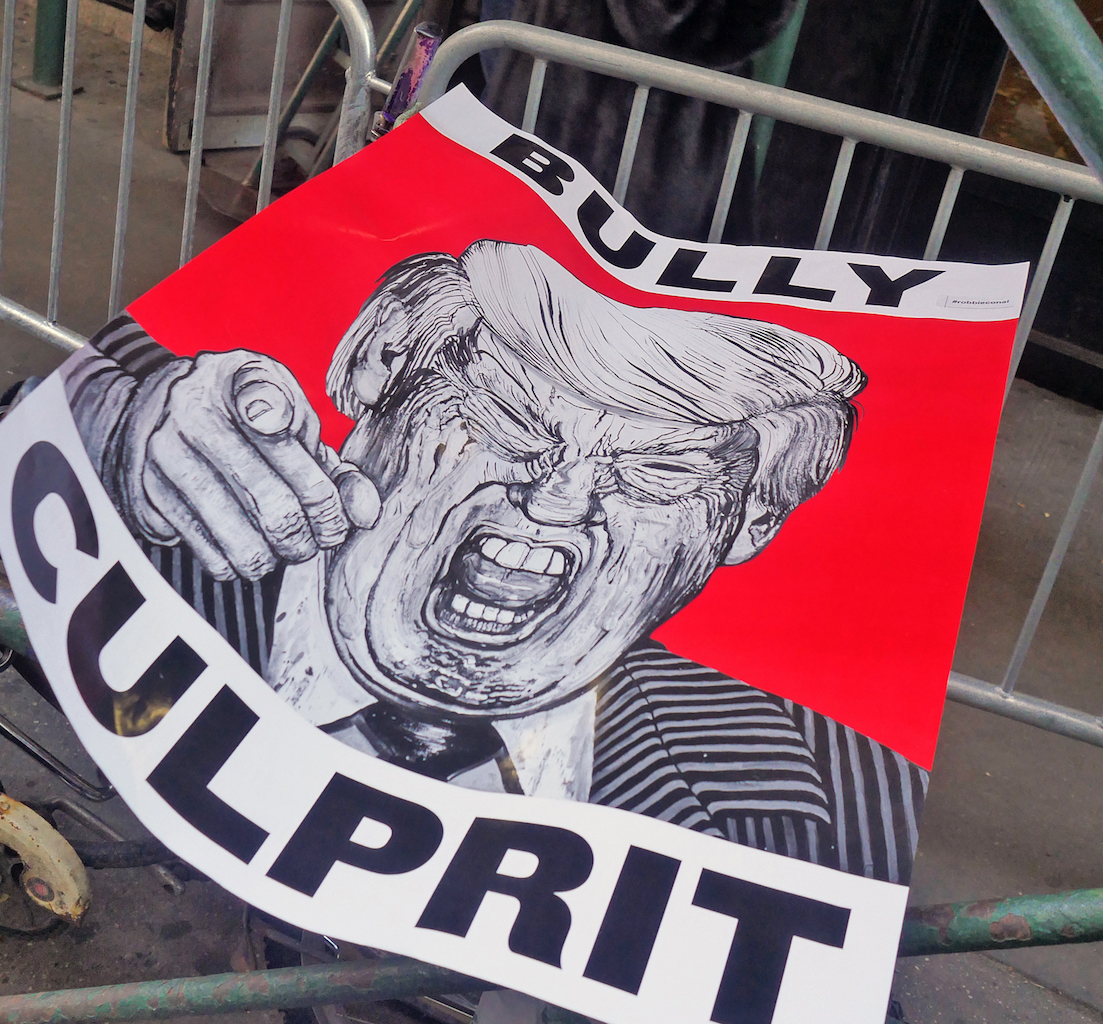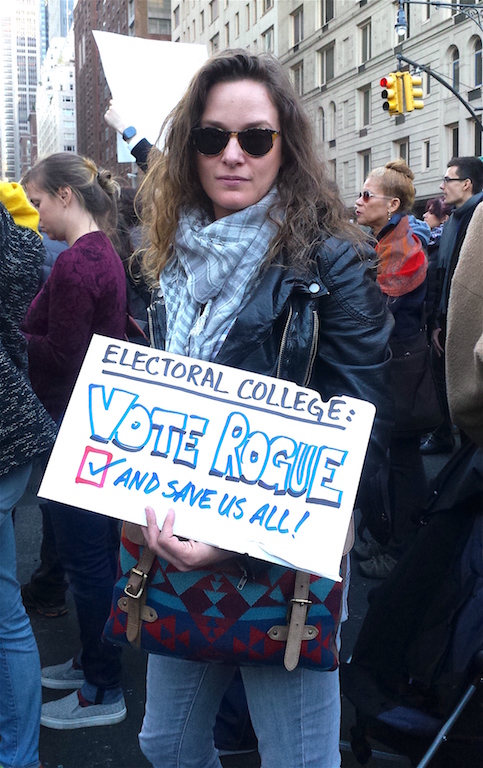
BY MICHAEL FARRIN | Ringling Bros. Barnum & Bailey met its demise a few weeks ago. Now the elephants that should most concern us, on these shores at least, are Republicans. Not to worry, circus lovers.
The shade of P. T. Barnum — who admitted he was “a showman by profession, and all the gilding will make nothing more of me” — strode into the White House shortly after the big top folded, promising to amaze us. Unlike the real Barnum, however, or even Reality Show Trump — wait, let me work on getting this out — “our new president,” instead of acknowledging his shtick as show business humbug, looks to an exponential increase of the proverbial three rings. Soon all of reality will be circus, circus, circus, a deluge of alternative facts effacing the very notion of truth.
The admirable John Lewis caught flak recently for calling Trump illegitimate. Unfortunately, Lewis, beset by shameless or simply stupid Republican spin doctors, as well as by uncircumspect, tut-tutting liberal commentators — both said, “Look, the fact is that Trump was legally elected and we’ve got to accept that” — dropped the ball. Putin and Russian hackers, Lewis responded, might well have decisively influenced the election and rendered the result nonbinding.
It might turn out that’s true. The point, however, is that legality and legitimacy are not at all the same thing. Apartheid was assuredly legal in South Africa. Slavery and Jim Crow were legal in this country. Need I go on? Laws are objective facts, enacted at a particular time; legitimacy is subject to an evolving critique of those laws, not just by intellectuals and ethicists, but by the public at large, who must regard them as legitimate for a society to be experienced as truly democratic and for a government to elicit consent. There are times when that critique reaches a point when the legal basis of oppressive or undemocratic practices crumbles, its assumptions revealed as incompatible with whatever high-flown rhetoric of freedom the system might espouse.

So here’s the Electoral College. That’s what got us this vile, venal, narcissistic man as president. He lost the popular vote by a total of almost 3 million. It’s clear that this constitutionally mandated method of electing the president violates any notion of “one person, one vote” democracy — as does, by the way, and perhaps problematically for the future, the institution of the U.S. Senate.
The idea of the college was formulated in the Federalist Papers by Alexander Hamilton and James Madison. Let us be clear — “Founding Fathers” though they were — these two wished to construct a bulwark protecting the educated, mercantilist elites of the East Coast from what they regarded as the riffraff agriculturalists of the hinterland, represented by Thomas Jefferson and, later, the populist Andrew Jackson. They also wished to placate the southern states, which were awarded greater electoral leverage by the notorious definition of slaves as three-fifths of a person each (nonvoting, of course) for purposes of the census, thereby increasing the region’s congressional delegation and, hence, representation in the college.
As that body was originally conceived, electors would be chosen in their districts as independent agents, elected in their own names as “men of substance,” not as representatives of a particular presidential candidate to whom their votes were tied. But this arrangement quickly broke down, despite the opposition of Hamilton and Madison, with the development of political parties and the relative decline of the elites. In many states, as the franchise was extended to males who were not property holders, presidential electors came to be selected by the legislature, more easily controlled than the popular vote.
Today what we have, as a result of this long-running, systematic restriction of the franchise, is an arrangement in which the elitist machinations of Hamilton and Madison have come back to haunt us in a way they could not have contemplated. Donald Trump’s yahoos — H. L. Mencken’s boobus americanus revived — have been empowered, through this clanking, compromised system (which gave us Bush over Gore in 2000), to storm the White House like Jackson’s “gypsies in the palace,” only to encounter there — lo and behold! — their overlord oppressors from Goldman Sachs.
Perverse outcomes of this magnitude are unacceptable. Though there is more to be corrected in our polity than the Electoral College, it can only be regarded as a poison pill written into our founding document by men bent on preserving their privilege and, despite their fervid anti-royalism, their right to rule. With amending the Constitution all but impossible (three-fourths of the states would have to ratify the change, and the less populous ones are granted disproportionate electoral power under the current arrangement), the most plausible corrective is the National Popular Vote Interstate Compact, which New York and nine other states have already embraced. Readers should check it out.
Farrin is Democratic state committeeman, 74th Assembly District


































